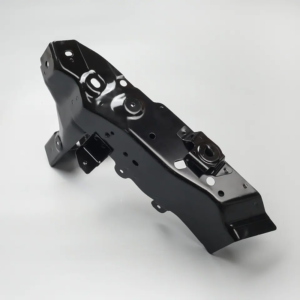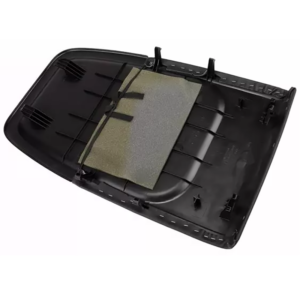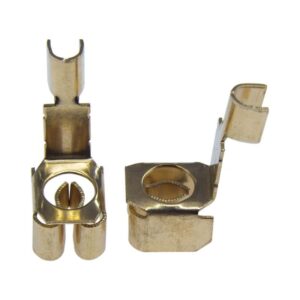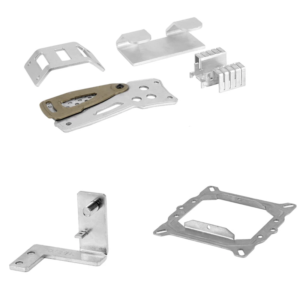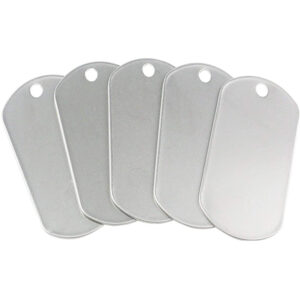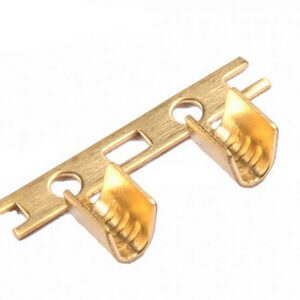Overview
Some of the automotive metal stampings we provide for our automotive customers include bus bars, terminals, lead frames, battery cable connectors, electrical contacts, inserts for plastic moldings, brackets, shields, clips, and press-fit pins. These components have extremely tight tolerances and strict requirements and are supplied to car, truck, sports vehicle, defense vehicle, and hybrid electric vehicle manufacturers for applications such as wire harnesses, batteries, motors, lights, engines, seating, alternators, control systems, steering wheels, security systems, fuel systems, brake systems, and more.
Features
- Custom Profile Design and Maintenance
- Part Design for Manufacturability
- Internal Design and Build of Fixtures
- Alloy Development Capabilities
- Desired Surface Treatments and Machinings
- Packaging Instructions
Specializing in high-volume progressive die metal stamping, we adhere to the rigorous standards of ISO 9001:2015. Leveraging cutting-edge equipment and deep expertise, we efficiently produce metal components for various industries.

Custom Metal Stamping Capabilities
Our custom metal stamping service uses a combination of high-speed presses and progressive dies to provide the most cost-effective solution for high volume manufacturing. When appropriate we design & build specialized manufacturing cells utilizing automation for high-volume, low-cost production.
- Progressive Die Stampings
- Value added assembly
Industrial Applications of Metal Stamping
Common applications include:
- Automotive Stampings
- Building Products
- Solar BOS (balance of system) Components
- LED Lighting
- Electric vehicle EV Components
- Roofing Products
Key Materials for Automotive Metal Stamping
- Aluminum: Manufacturers use aluminum for visible parts and details because of its attractive appearance and light weight. Companies can also easily form alloys with aluminum and other metals to make stronger or more durable varieties.
- Copper: This metal resists corrosion, is ductile, has an attractive finish, and is affordable. Companies can also choose copper for environmentally conscious customers; the metal is easy to recycle and reuse.
- Stainless Steel: This metal resists corrosion and rust because it has a makeup of at least 11% chromium. Not only does it have increased durability, but it also has a lustrous, attractive surface.
- Steel and Steel Alloys: Steel alloys come in many different varieties, such as mild steel, high-strength steel, and specialized steel that can be used to create a variety of durable parts.








